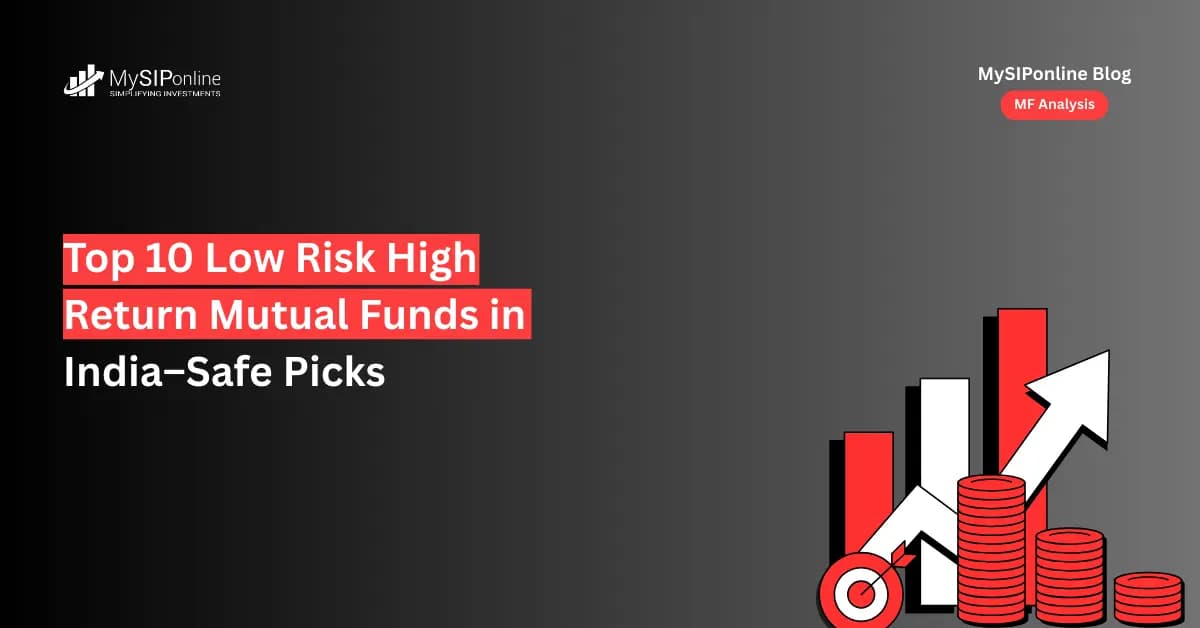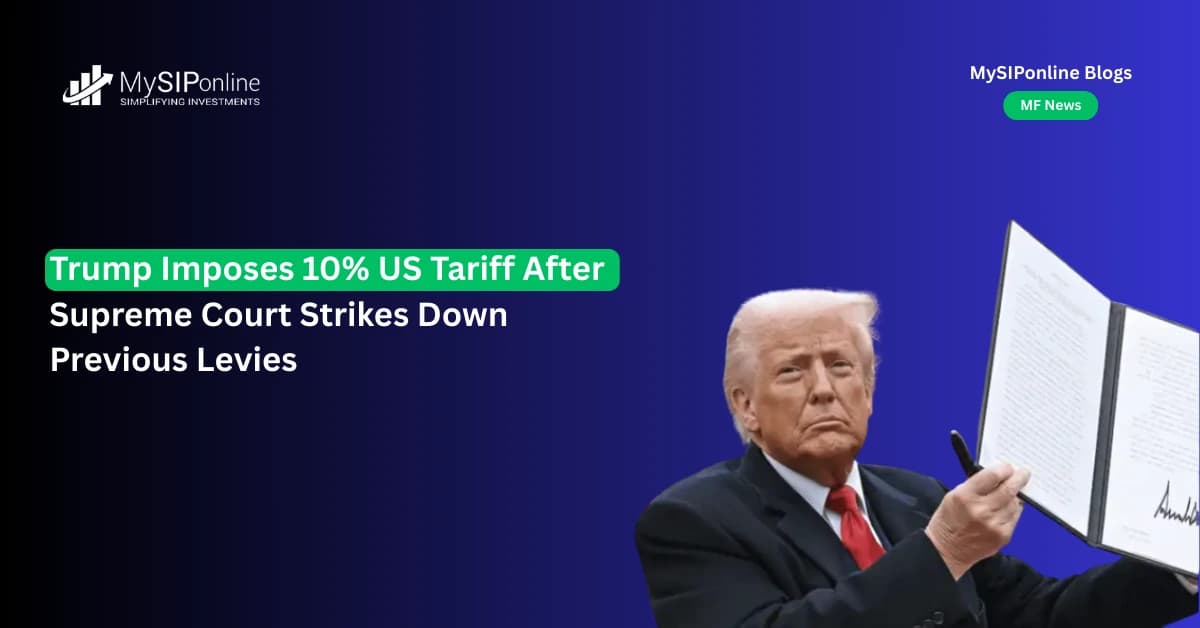After several ups and downs in the equity market for the first half of 2018, the equity market has given a surprise smash in the last one week. Wondering what has escalated the S&P BSE SENSEX to a lifetime high within a week? Find out what were the reasons and how will they affect you!
The equity market has been a roller-coaster in the first half of 2018 which has rewarded uncertain depressions to many equity investors. The S&P BSE SENSEX even faced a value close to 32,500 and NIFTY 50 was pushed back to 4 digits when the announcement of Union Budget 2018 was made. The volatile market has recently hitched up continuously for four days with surfeit points resulting the SENSEX to achieve an all-time high ending at 36,548.41 on 12th July crossing the previous high of 36,443.98 on 29th January 2018. NIFTY 50 passed the 11,000 mark ending at 11,023.20 which is approximately 106 points less than its all-time high. 2/3rd of the BSE stocks traded higher.
The downtrends of last few months have taken a U-turn within a week. Last week has shown a gain of more than 1000 points in the BSE SENSEX and 300 points in NIFTY 50. There are not one but multiple reasons for the smashing gains in the equity stocks. Let’s discuss them one by one:
- Crude Oil Price Adjustment:
The prices of crude oil depreciated sharply by midweek, due to the bold decision by the National Oil Corp of Libya which promised to re-open four export terminals which will boost up the oil supplies and will slightly recompense the oil shortage across the globe. It has directly rewarded the oil-based companies in India like BPCL, HPCL, and IOC, which in turn have benefited various dependent companies indirectly resulting in the upliftment of many stock prices. - Reliance Group & TCS Competence:
With claiming the market capitalisation of $100 billion after more than a decade, the oil-to-telecom giant has single-handedly added 168 points to the speeding train of BSE index. RIL, headed by Mr Mukesh Ambani, is the second company to cross market-cap of $100 billion in 2018 after TCS. Tata Consultancy Services also kicked off with a remarkable gain in Q1FY19 with a consolidated profit of Rs 7,340 crore. Prices of both the stock are at their all-time high. - The Trade War:
India, just like other Asian countries is enjoying the tariff threats and the recently grown barriers between the US and China, thus allowing the exports of soybeans, dry fruits, and a few agricultural products from India. As a result, the concerned equity stocks are enjoying the hikes for a short period. The US-China trade war has also attracted foreign funds which have invested net worth of Rs 636.27 crore in Indian indices. - Strengthening of Rupee:
The slight recovery of the fallen rupee against the US dollar by 19 paisa has given a healthy initial boost to the opening of domestic equity indices.
And as the equity indices are dependent on several factors of the economy, the rise in the Indian S&P BSE, NIFTY, and other indices may or may not last for a more extended period. It will positively affect the equity investments and the mutual funds related to equity instruments. To know whether you can grab this opportunity by investing in mutual funds or how this will affect your portfolio, reach out for our financial experts and do keep a regular check for latest news and updates at MySIPonline.












